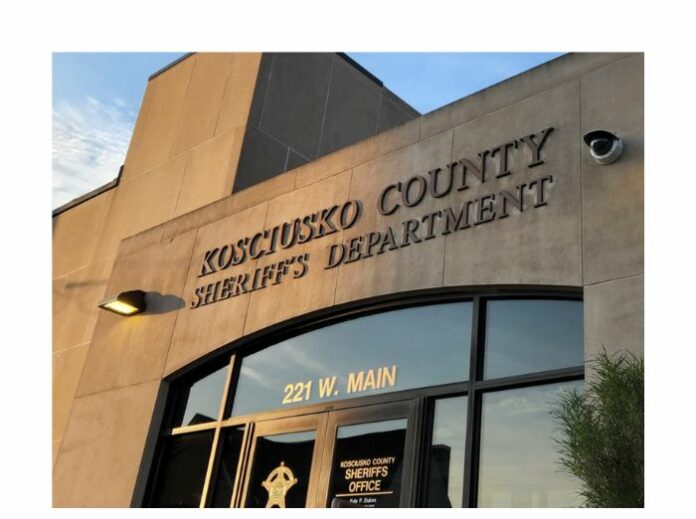News Release
WARSAW — Kosciusko County Sheriff’s Office is investigating two separate cases of ongoing fraudulent activity.
The victims in these frauds have suffered the loss of a large sum of money, according to a news release from the sheriff’s office.
One scam involves grandparents in which a call or email is made to a grandparent posing as law enforcement or medical professionals claiming to represent a family member in distress (overdue rent, payment for car repairs, etc.).
They might also pose as the grandchild directly asking the grandparent to guess who is calling. Scammers ask for money to be wired to pay for medical bills or legal fees.
A new twist to the scam is for the perpetrators to appear in person to collect the money requested. Scammers are also using artificial intelligence to disguise their voices to sound like the victim’s loved one.
Police say anyone receiving this kind of communication should contact their loved one before giving any sum of money to an unknown person, company, agency or organization.
The other scam involves somebody impersonating Amazon representatives by phone. The scammer indicated an issue with the victim’s account and said personnel from the Federal Trade Commission (FTC) and the Drug Enforcement Administration (DEA) would be in contact. Pictures were sent to the victim of an individual’s ID and badge, suggesting they worked for the DEA and FTC. One individual met the victim locally and took possession of the money.
These types of eCommerce scams encompass any type of fraud that takes place on, targets or impersonates an eCommerce site or platform.
Brand impersonation is the name given to situations where someone pretends to be a trusted brand or company to trick consumers into disclosing personal information, including their bank account details.
Brand impersonation can happen online, over the phone, by email or even by postal mail. Therefore, it’s important to remember that just because you’re an eCommerce brand, it doesn’t mean all fraud attacks happen virtually, the release states.
The sheriff’s office warns residents to be aware of these scams and educate themselves to avoid becoming a victim. Always check with your bank first or contact your local law enforcement if something seems suspicious. The more we know, the harder it is for these scammers to take advantage of you.
Anyone with details about the scams is asked to call 574-267-5667.





